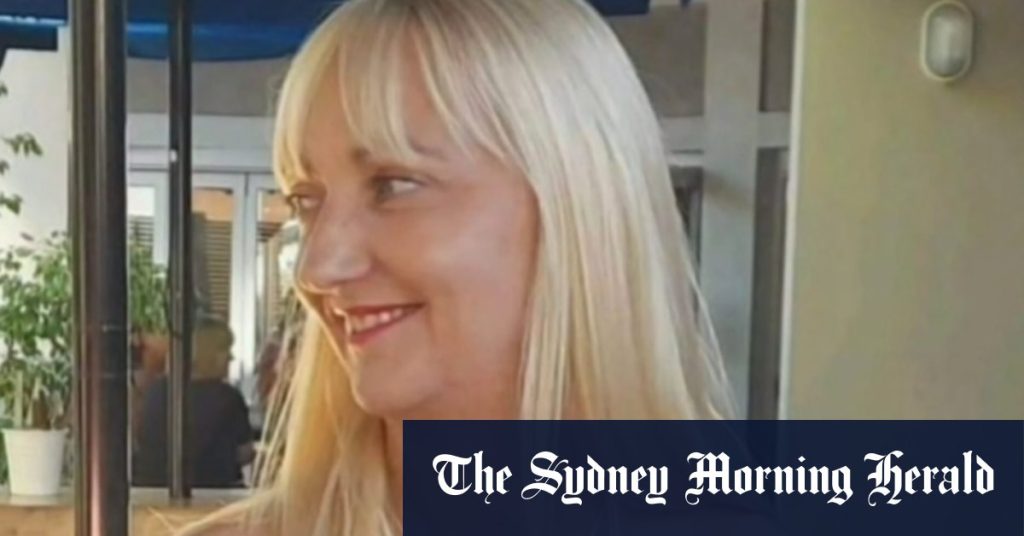The family of Lynn Cannon, a murdered Western Australian woman, has vehemently criticized the Western Australian Police Force (WAPF) for what they perceive as a pervasive “victim-blaming” mentality. This criticism came to a head during the final day of the inquest into Ms. Cannon’s death, bringing to light a pattern of systemic issues within the force. The family argues that instead of focusing on apprehending the perpetrator and thoroughly investigating the crime, the police, at various stages of the investigation, appeared to shift blame towards Ms. Cannon, scrutinizing her lifestyle and choices rather than prioritizing the pursuit of justice. This misplaced focus, they contend, not only caused further pain and trauma for the grieving family but also potentially hindered the investigation, allowing crucial time and resources to be misdirected.
The family’s accusations paint a troubling picture of a police force struggling with ingrained biases and a lack of sensitivity when dealing with victims of violent crime. They allege that investigators repeatedly questioned Ms. Cannon’s personal relationships, her routines, and her social habits, implying that her actions somehow contributed to her tragic fate. This line of questioning, the family asserts, reflects a deeply flawed approach to investigating such cases, placing undue emphasis on the victim’s perceived vulnerabilities while failing to adequately pursue leads that might have led to the perpetrator. Instead of offering support and empathy to a grieving family, the police, according to the family’s testimony, subjected them to further scrutiny and insinuation, compounding their suffering.
The allegations of victim-blaming raise serious concerns about the training and practices within the WAPF. If these accusations are substantiated, it suggests a systemic failure to approach investigations with objectivity and empathy, potentially compromising the pursuit of justice for victims of violent crimes. Such a culture could also discourage other victims from coming forward, fearing they too will be judged and blamed rather than supported. The family’s outspoken criticism during the inquest calls for a thorough internal review of the WAPF’s investigative procedures and training protocols. It necessitates an examination of how officers are trained to interact with victims and their families, ensuring that future investigations are conducted with sensitivity, impartiality, and a focus on holding perpetrators accountable.
The implications of this case extend beyond the immediate tragedy of Lynn Cannon’s death. It highlights the broader issue of victim-blaming within society and its potential to silence victims and hinder justice. When victims are made to feel responsible for the crimes committed against them, it reinforces a culture of impunity for perpetrators. This not only causes immense emotional distress for victims and their families but also undermines public trust in law enforcement’s ability to protect and serve. Addressing this issue requires a shift in societal attitudes and a commitment from law enforcement agencies to prioritize the needs and rights of victims.
The Cannon family’s courageous stand against what they perceive as victim-blaming within the WAPF serves as a powerful call for change. Their fight for justice for Lynn Cannon has brought to light systemic issues that demand immediate attention and rectification. This case underscores the urgent need for accountability within law enforcement and a renewed commitment to supporting victims of violent crime. It demands a thorough and transparent investigation into the handling of Ms. Cannon’s case and a proactive approach to implementing reforms that will prevent similar injustices from occurring in the future.
Moving forward, the WAPF must take concrete steps to address the concerns raised by the Cannon family. This includes implementing comprehensive training programs that emphasize victim-centered approaches to investigations. Officers should be trained to recognize and avoid victim-blaming tendencies, ensuring that all investigations are conducted with impartiality and respect. Furthermore, the force should establish robust mechanisms for accountability and oversight to ensure that any instances of victim-blaming are identified and addressed promptly. By acknowledging and addressing these critical issues, the WAPF can begin to rebuild trust with the community and ensure that all victims of crime receive the justice and support they deserve.










